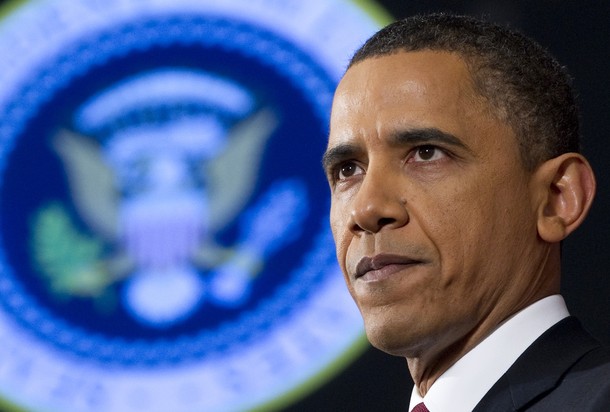
From the Wall Street Journal: These columns have argued from the first that it is in America’s strategic interest to see Gadhafi gone. We’ve also argued that the most humane policy is to achieve that goal swiftly so as to reduce Libyan suffering and the risks of a prolonged stalemate or lengthy civil war.
Yet Mr. Obama has been fighting the war the way he entered into it—resisting right up to the time he concludes there is no better alternative to escalation. Mr. Obama is discovering, despite its Administration’s silence and inconsistency, that war isn’t something an American President can wash his hands of when he feels like switching the subject.
Meantime, it’s worth taking stock of the costs of faint American leadership. A dictator who is despised by most of his people and who might have been deposed in the early days of a rebellion with minimal outside aid remains in power and defiant. Civilians are being starved and butchered thanks to U.N. resolutions that are supposed to protect them but limit the means by which that protection may come. The Administration continues to be involved in an ever-longer war because it tried to get out of it too soon. And an effort to showcase NATO’s capabilities has only demonstrated how little the alliance can do without the U.S.
Wars are never easy and should never be entered lightly. That’s all the more reason not to fight them with ambivalence. President Obama has made much of the first point, but his neglect of the second gets more costly by the day. (photo: Getty)
Image: getty%204%2018%2011%20Barack%20Obama.jpg
